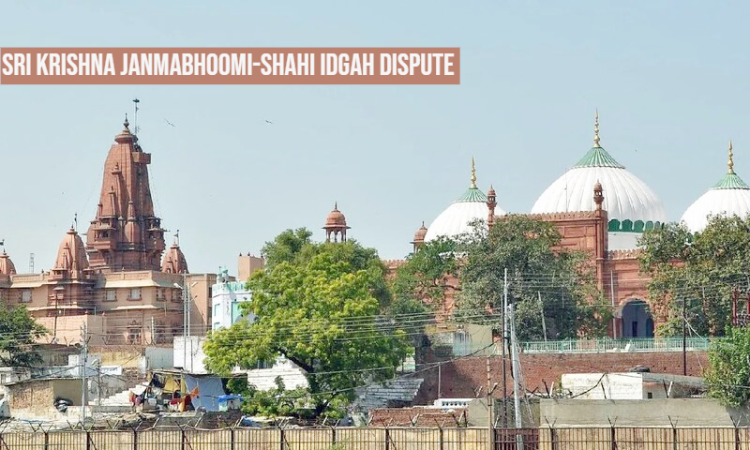Places Of Worship Act Not Applicable To 2020 Suit On Sri Krishna Janmabhoomi-Shahi Idgah Dispute: Mathura Court
Sparsh Upadhyay
20 May 2022 1:34 PM IST

Next Story
20 May 2022 1:34 PM IST
A Mathura court on Thursday held that the suit to remove the Shahi Idgah Masjid, allegedly built on the land of Shrikrishna Janam Bhoomi is maintainable. With this, the Court allowed a revision plea by the Shri Krishna Janmabhoomi Trust and other private parties and overturned a civil court order dismissing their suit in September 2020. Essentially, a suit had been filed in...
